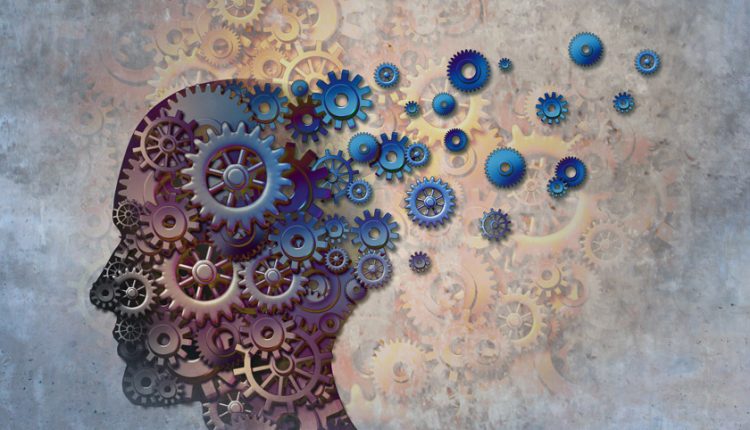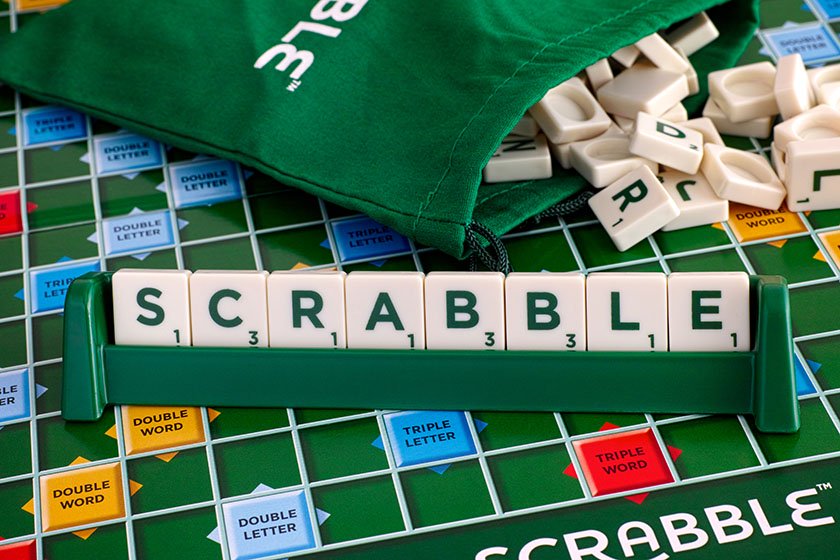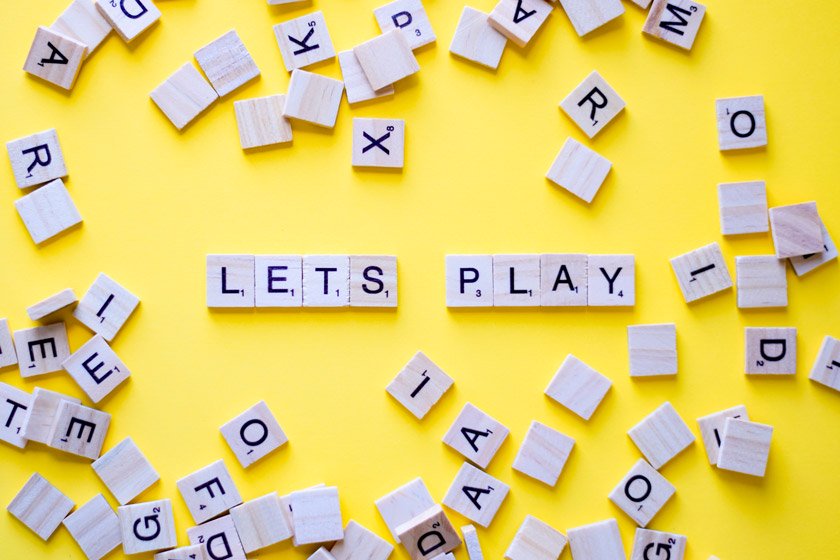
Investigating the Influence of Word Games on Seniors’ Memory
Word games are a fun hobby that many people may enjoy. These games measure your vocabulary knowledge and your ability to use it successfully.
It is suggested that word games for seniors and puzzles are helpful for their mental ability, but is this true? Does practicing word puzzles and playing word games keep your mind “fit and active”? Will doing word puzzles and playing word-related games improve your memory and overall mental health?
How about we go on a journey with this article and set out for the truth?

Contents
What Are Word Games?
Word games are board or electronic games that people play to test or investigate their qualities of language.
People usually play word games for fun, but they can also be helpful for educational purposes. Young and senior people can have fun playing brain games like Hangman while mastering crucial linguistic skills like spelling.
Is It Possible to Improve Your Memory?
Yes, there are natural techniques to improve memory when disease and aging are not factors.
Memory is one of the four fundamental brain systems. It is a cognitive function of the brain. Memory and processes such as focus and planning are vital for your brain’s cognition.
Improving memory includes increasing the number of new connections between neurons in the memory-related areas of the brain. That depends on the memory you want to improve—short-term or long-term—and the context.
Your short-term memory, also known as “working memory,” drives decision-making and lasts about 20 seconds. If your brain determines that a piece of knowledge is important enough to keep for a while, it will store that piece in your long-term memory. This conversion begins in the hippocampus and progresses to the cortex, the brain region that holds memories. Long-term memories can last for hours or years, depending on how frequently these new connections are established (by repeatedly recalling or connecting them to other memories).

What Are the Positive Effects of Word Games for Seniors?
How can playing word games help us? Here are the main benefits of word games for seniors who wish to improve and have fun:
Improving Word Recognition
When you solve a word puzzle, the task’s activity stimulates word recognition.
For example, the more you complete Word Search puzzles, the easier it is for your brain to recognize words. Most people aren’t aware of it, but every time they examine the list of words to search and then look for it in the grid, they are exercising the portion of the brain that identifies patterns and memorizes things. The more the mind gets exposed to this form of thinking and activity, the more quickly it will be able to recognize words and detect patterns.
Exercising the Brain by Pushing It to Learn Context Clues
If you’re wondering what context clues are, don’t worry since they’re not difficult to understand. Context clues assist us with basic comprehension and communication skills. They allow us to convey a message and will enable others to pick up on the message quickly.
Context clues improve language and communication fluency. It indicates that the brain pays attention to the dialogue or communication in context.
The brain must build fluency, which you can accomplish through Word puzzles. Word Search puzzles and word games can help you develop two types of context clues. These two types include:
Meaning and Semantic Clues
It indicates that the brain can anticipate and continue a conversation about cars, for instance, when encountering words like steering wheel, handbrake, wiper blades, etc. All of these are context clues that assist the person in understanding what is pertinent to the current job or discussion. The themes set in Word Search puzzles accomplish this.
Image Clues (Picture Clues)
It certainly gets the mind working and thinking along the image’s theme.

Enhancing Vocabulary and Spelling
What role does a Word puzzle play in learning to spell and comprehend new words? Consider this: how does the brain learn to spell? Did you know how to spell when you were in primary school, or did you have to practice?
You have to be exposed to particular words, pronounce them frequently, copy them from a written provision onto your book/paper, and then practice spelling them out loud to recall how to spell them.
A Word Search puzzle, for example, asks the participant to read the word, understand how to spell it, and then search the grid for the phrase, which helps to enhance learning how to spell certain words.
Similarly, vocabulary increases when a person is given a term from the list that they have never heard of or do not understand.
Taking Care of Your Mental Well-Being
There must be an element of curiosity and fun for the brain to learn and pick up on new information. It’s easy to ignore how crucial it is for the brain to unwind, relax, and have fun. You may overlook its significance if you live an exceedingly stressed and busy life.
The most fantastic method to maintain a healthy and happy mentality is to make sure your brain gets a workout and make sure you have time to rest, repair, unwind, and have fun. All of these are possible by playing word games. That’s probably why playing word games is one of the most popular hobby ideas for seniors.
Final Words
After understanding all of this, I am confident that Word puzzles are beneficial to memory and overall mental health, but what do you think? You may be wondering what makes word games and puzzles beneficial to cognitive development.
The truth is that your brain functions similarly to any other muscle in your body. You must work it out to grow and maintain it. You can’t expect your muscles to be strong and toned after only one visit to the gym. It operates similarly in the brain.
To maintain your brain in good health, you must exercise it regularly.
That’s why word puzzles and related games are highly suggested for children starting school and the elderly who are no longer working and entering their senior years.